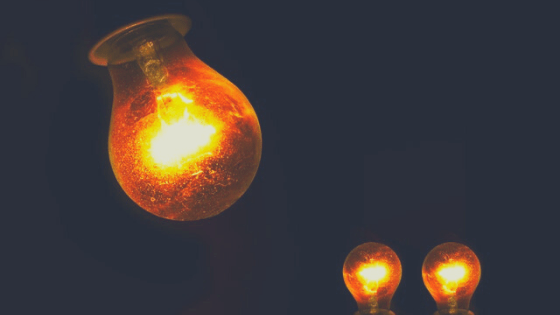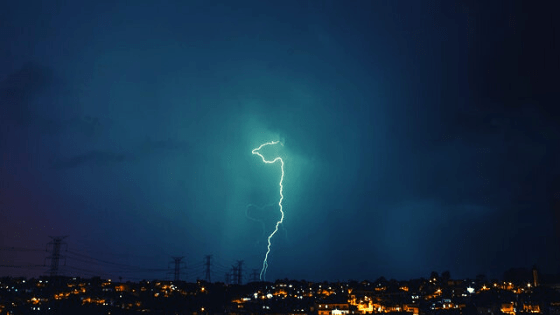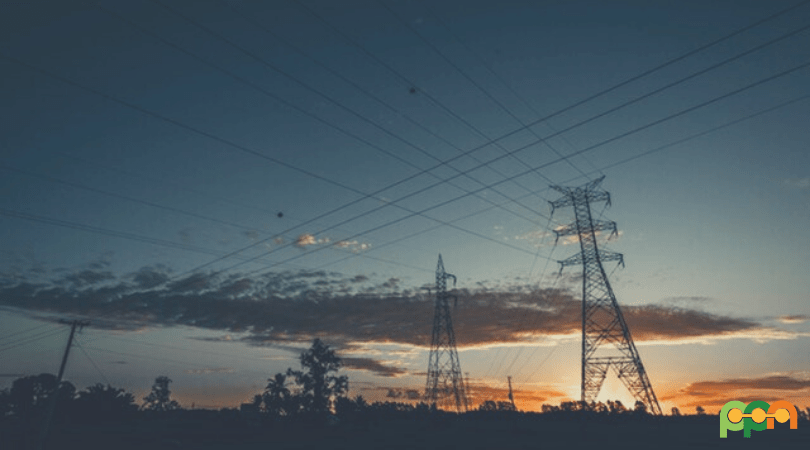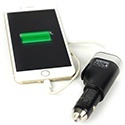Power is out.
Now what? Do we have to panic?
Well, in this day and age, we could say that our life depends on 90 percent of electricity! It’s one of the most important things we use every day.
For starters, our home which is the most obvious place where electricity makes a big difference.
Almost all the things inside our house require electricity. At night, we need our lights to be turned on. We used refrigerators to store our food and keep them from spoiling.
Electricity heats our homes in the winter. It makes us feel cooler in the summer by using air conditioners and fans. We also wash and dry our clothes in machines instead of using washboards and clotheslines. We shave with electric razors, mow our lawns, and make milkshakes in blenders. Most importantly, we charge our gadgets by using electricity.
Even the security of our house also depends on electricity! Our security systems, security videos, etc.
When boredom strikes, we rely on television to watch our favorite series and keep updated with the news. We also use our smartphones or tablets because electricity made these advancements possible.
What about commercial establishments, transportation, education, and healthcare sectors, what made them possible?
It’s because of the electrical revolution.
So when power is out, it’s not like we need to panic.
But without it for a very long period of time, our lives would be radically different, and—in almost every instance—a whole lot harder.
We may say, in this day and age, it is seldom that the electricity will be out for more than an hour, especially if you live in the city.
But what if disaster strikes? Like, earthquake? Hurricane? Or even war?
No one or no place is exempted from this. It can happen at any time, any place. That’s the nature of disasters, they will come and no one can stop them.
So no matter where you live, or what kind of emergency you might expect to deal with, it’s a good idea to think about and plan for a long period of time when you might have to function without power.
Use Alternative Sources of Power
If you can prepare for the power outage, start by making sure your phone and all mobile devices are fully charged. Now is also a good time to stock up on batteries, invest in a small battery-operated power bank, and/or consider buying a generator.
Candles and wood-burning stoves or fireplaces are another great alternative power source that will provide light, warmth, and in the case of a fireplace or stove a way to warm-up and even cook food.
Having several flashlights and spare batteries is always a good idea. You should also keep a small, battery-powered radio on hand to keep up with news and weather forecasts throughout the power outage.
If you have a generator, make sure you know how to use, have plenty of fuel for the generator and always – ALWAYS – run it outside.
Keeping And Preparing Food Without Electricity
If you are dealing with a power outage of only a few hours, simply keep your fridge closed and you should be fine.
But if it lasts longer than that, start eating perishable foods in the fridge first. Cook what you can on a griller or camping stove and toss the rest.
Keep your freezer completely closed and if possible insulate it further by throwing large blankets or comforters over the freezer. Start thawing, cooking, and consuming food from the freezer once you’re running out of fresh food options. Open the freezer as little as possible to keep cold air trapped inside and the food fresh for longer.
You can cook and grill outside with your charcoal or gas grill. If you have camping gear, get out the propane stove and cook on it. If neither one of those is an option, cooking over a small fire is always an option. Do all of your cooking outside to avoid carbon monoxide poisoning or causing an indoor fire.
Staying Warm or Cool Without Power
Keeping warm or cool without power can be a major concern in long power outages.
Insulating your home ahead of time can make a big difference. Close shutters and curtains to trap in heat or cool air for as long as possible. Take advantage of the sunshine and outside temperatures during the day or night to regulate the temperature inside.
Dress appropriately by either snuggling up under several warm layers and a big blanket or wearing as little as possible. Keeping a breeze going can help during hot weather. In either case, make sure you get plenty of fluids (either warm or as cool as you can get it) and aim for plenty of calories in your food if you’re in the cold.
We have seen and heard about a lot of natural and man-made disasters throughout the years. Some areas have had weeks before their electricity came back. So if this happens to your place, how do you think you would be able to deal without electricity?
This is why planning ahead and being ready are always the best ways to deal with uncontrollable occurrences.










